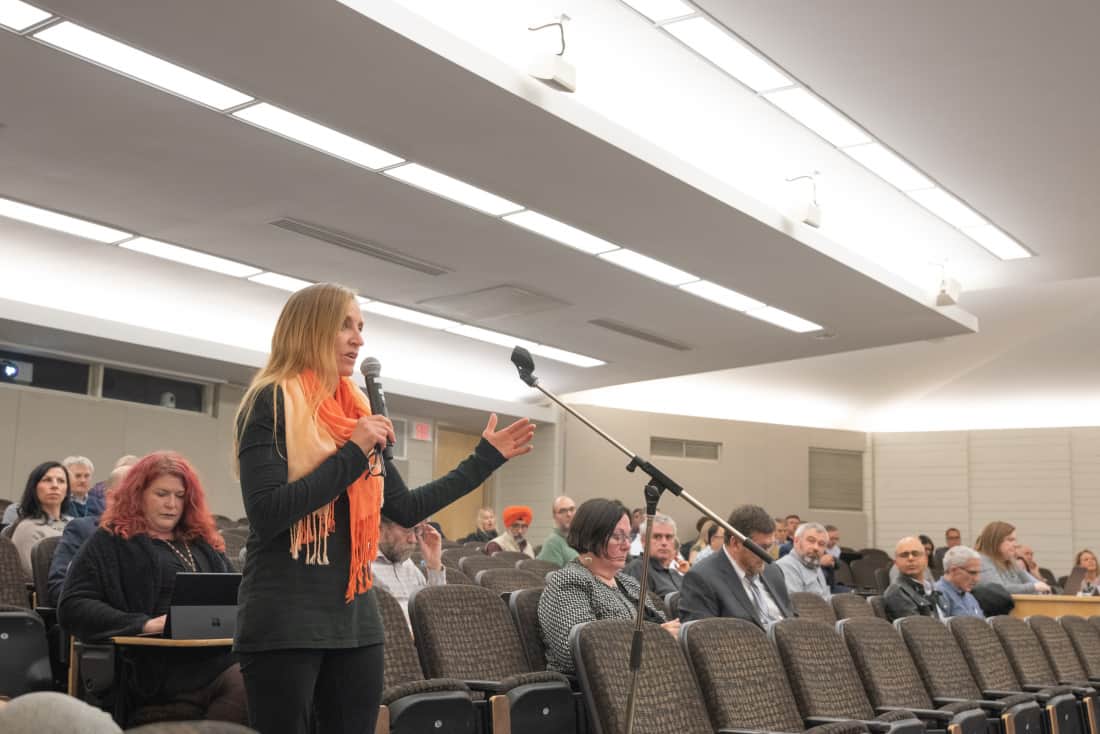
A motion on the floor of the University Council will determine whether the International Activities Committee is dissolved, which would involve dispersing its responsibilities to other bodies.
Council members will vote on two motions related to internationalization at the Nov. 21 council meeting; the dissolution of the IAC, and following that, a motion to add internationalization to the terms of reference of other council committees. This change comes a year after a working group formed to provide strategic direction to a lagging IAC and came to the conclusion that the group was “no longer relevant.”
The IAC had reportedly become “too operational rather than offering strategic guidance to Council.” The other main factor leading to the working group’s decision was that they found that the committee’s responsibilities were already being covered by other university bodies.
Paul Orlowski, chair of the IAC for 2018-19, says that despite concerns expressed by the committee’s faculty members and representatives from the University of Saskatchewan Students’ Union and the Graduate Students’ Association, the group decided to also recommend its own dissolution.
“There were concerns raised by faculty that they would be losing voice … and the student reps were also concerned that they would be losing voice,” Orlowski said at the Oct. 17 council meeting. “That said, we had consensus and everyone agreed to dissolve the committee.”
The committee is responsible for communicating and advising the University Council on issues related to internationalization, which in the past has included giving input on internationalization awards, the university’s international partnerships and the International Blueprint for Action 2025.
Claire Card, council member and professor of large animal sciences, spoke against the motion at the October council meeting, saying it will decrease input from faculty on international matters.
“The dissolution of the committee will remove a voice at the Coordinating Committee that can actually advocate for very specific things in regards to international activities,” Card said. “I think it’s very relevant that the committee continues. I understand they went through a rough patch but I speak against people supporting the motion.”
At the September council meeting, Card also expressed concern that the working group had only one non-administrative faculty member on it.
“I’m not clearly seeing the way the faculty lense and viewpoint has really been focused on,” Card said. “There’s a lot of things that are not captured here that the International Activities Committee worked with.”
Orlowski agrees that its dissolution will affect faculty input.
“We were having trouble and there just wasn’t a lot of energy at the time, so there seemed to be reasons to dissolve it,” Orlowski said. “Maybe they were temporary, maybe it was the makeup of the committee, but the fact remains that faculty will be losing a potential for having more voice on international matters.”
The report about the IAC by the working group listed the committee’s responsibilities and how they would still be covered without the IAC, making it redundant. A council member spoke up about this after Card’s comments, highlighting the recently formed International Operations Committee.
“One of the challenges for the IAC was the absence of actual governance issues, but there are many operational issues,” the council member said. “Those issues remain ever-present and it will also fall to the International Operations Committee to ensure that they are actively seeking advice from faculty.”
Whether or not the IAC is dissolved will be decided on Nov. 21. Aside from the changes to other committees’ terms of reference to include internationalization, some of them will also be integrating Indigenization into their goals.
“As we deal with the question of international activities, it’s clear that this was an additional priority that was central to the university [and] was really not captured in the terms, so that was also added,” said Stephen Urquhart, chair of the Governance Committee. “Our terms of reference are not static and they evolve as the university evolves.”
—
Ana Cristina Camacho/ News Editor
Photo: Victoria Becker/ Photo Editor
Leave a Reply